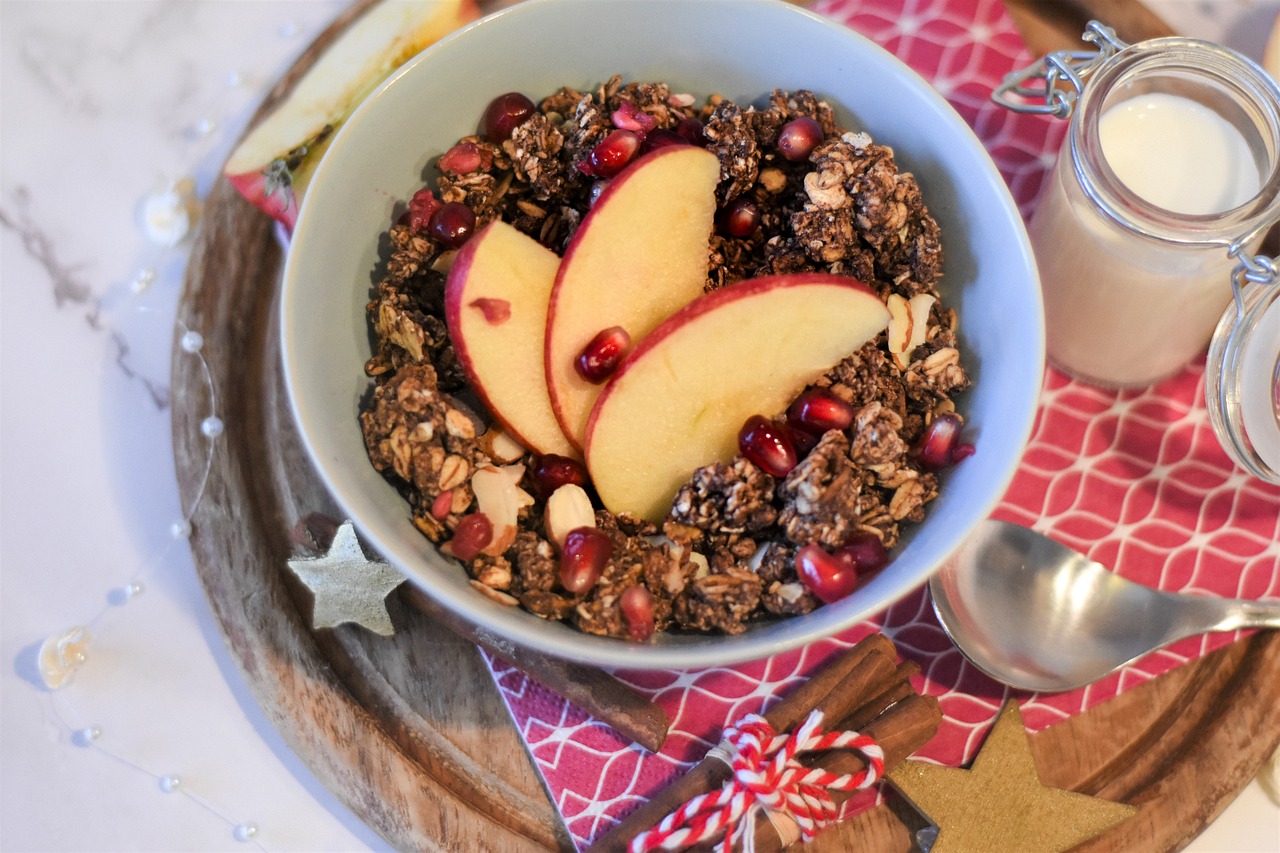The ketogenic diet, sometimes known as the “keto diet,” is a low-carb, high-fat eating regimen that has become well-known for its potential for weight loss and other health advantages. The main objective of the keto diet plan is to change the body’s metabolism into a condition known as ketosis, when it primarily burns fat rather than carbohydrates for energy.
Introduction:
The ketogenic diet, sometimes known as the keto diet, has drawn a lot of attention recently due to its potential for weight loss and effects on general health. The goal of the keto diet is to put the body into a state of ketosis, where it primarily burns fat for fuel rather than carbs. It is a low-carb, high-fat eating regimen. This comprehensive guide will provide you all the information you need to know about the keto diet plan, from its principles and advantages to useful advice for success. If you’re thinking about starting a keto journey.
The basis of the keto diet is replacing unhealthy fats with a dramatically reduced carbohydrate intake. By limiting carbohydrates, the body is compelled to go into a metabolic condition known as ketosis, when it burns fat reserves for energy. Weight loss, higher insulin sensitivity, improved mental acuity, and increased energy are all possible outcomes of this process.
Composition of Macronutrients:
Understanding the diet’s macronutrient composition is crucial for adhering to the keto diet:
- Carbohydrates: You should have no more than 20 to 50 grams of carbohydrates daily, mostly from non-starchy vegetables and a little amount of low-carb fruits.
- Fats: Around 70–75% of your daily calories should be healthy fats like those found in avocados, olive oil, coconut oil, nuts, and seeds.
- Protein: A moderate protein diet should account for 20–25% of daily calories. Meat, fish, poultry, eggs, and plant-based products like tofu and tempeh are examples of sources of protein.
Meal Planning and Food Choices:
Focus on including entire, nutrient-dense foods when following the ketogenic diet. Consider the following dietary options:
- Healthy Fats: Avocado, olive oil, coconut oil, nuts, seeds, and fatty fish are examples of healthy fats.
- low-carb vegetables: Leafy greens, broccoli, cauliflower, zucchini, and bell peppers.
- Protein: Meat, fish, poultry, eggs, and plant-based proteins are all sources of protein.
- Dairy Product: Full-fat cheese, butter, and cream (if tolerated) are all dairy products.
- snacks and condiments: Olives, pickles, unsweetened nut butter, and sugar-free sauces are some examples of snacks and condiments.
Meal planning is also essential for keeping up a healthy keto diet. You can stay on track and fend off temptations by planning your meals ahead of time and concentrating on nutritious foods.

Considerations and Potential Benefits:
The ketogenic diet has demonstrated promise in a number of areas, such as weight loss, better blood sugar regulation, decreased inflammation, and increased cognitive performance. It’s crucial to take into account individual differences, though, and not everyone should follow the diet. It’s important to think about potential adverse effects including the “keto flu” and vitamin shortages. Prior to beginning the diet, speaking with a medical practitioner or certified dietician is advised.
Success Strategies for the Keto Diet Plan:
- Educate Yourself: Before beginning the keto diet, spend some time learning about its tenets, rules, and possible advantages and drawbacks. Recognise the meal selections, macronutrient ratios, and possible diet side effects.
- Organize Your Meals: You can stay on track and prevent impulsive food choices that might not be compatible with the keto diet planning and preparing your meals in advance. To make sure you have keto-friendly options on hand, prepare a weekly meal plan, a shopping list, and set aside time for meal preparation.
- Put Whole Foods First: Make whole, nutrient-dense foods a priority in your keto diet. Include a lot of low-carb vegetables, good fats, and premium protein sources. Avoid refined sugars, trans fats, and processed foods.
- Monitor your macronutrient intake: Use smartphone applications, online calculators, or food diaries to keep track of your macronutrient intake. To maintain the ideal ratio for ketosis, pay attention to the quantity of carbohydrates, lipids, and proteins you eat.
- Keep Hydrated and Replace Electrolytes: A diuretic impact of the keto diet can cause significant water loss and electrolyte imbalances. Stay hydrated by drinking lots of water, and think about including foods high in electrolytes in your diet, such as avocados and nuts, or taking electrolyte supplements, if necessary.
- lower Your Carbohydrate Intake Gradually: Over the course of a few days or weeks, gradually lower your carbohydrate intake to help your body enter a state of ketosis and reduce any negative side effects. This method makes it easier for your body to adjust to using fat as its main fuel source
- Be Aware of Hidden Carbohydrates: Be aware that some veggies, sauces, condiments, and processed foods may contain hidden carbohydrates. Make sure to carefully read food labels and select items with few or no added sugars.
- Take Note of Your Body: Observe how your body reacts to the keto diet. To make sure you’re satisfied and energized, adjust your macronutrient ratios or portion sizes as needed. Everyone may have different demands and tolerances, so pay attention to your body and adjust as necessary.
- Include Physical Activity: The advantages of the keto diet can be increased by engaging in regular physical activity. Exercise both your cardiovascular system and your muscles to support weight loss, preserve muscle mass, and advance your general health.
- Seek Support and Professional Guidance: Consider joining online networks, support groups, or consulting a licensed dietitian who is knowledgeable about the keto diet for support and professional advice. They can give you sound advice, respond to your inquiries, and make recommendations that are tailored to your particular requirements and objectives.
Conclusion:
People looking to lose weight and enhance their general health may find the keto diet plan to be a game-changer. Focusing on a low-carb, high-fat diet encourages the body to burn fat for fuel, which has the potential to have a number of positive effects. However, it’s crucial to approach the diet cautiously, taking into account specific needs and potential negative consequences. Before beginning the keto diet plan, it is strongly advised that you speak with a healthcare provider or certified nutritionist to be sure it is suitable for your unique objectives and situation. The keto diet plan can be a sustainable and successful lifestyle change for long-term success with the right planning, food selections, and attention to macronutrient ratios. Accept the trip, savor the fulfilling and delicious keto-friendly foods, and benefit from the possible benefits of this.














Leave a Reply
View Comments